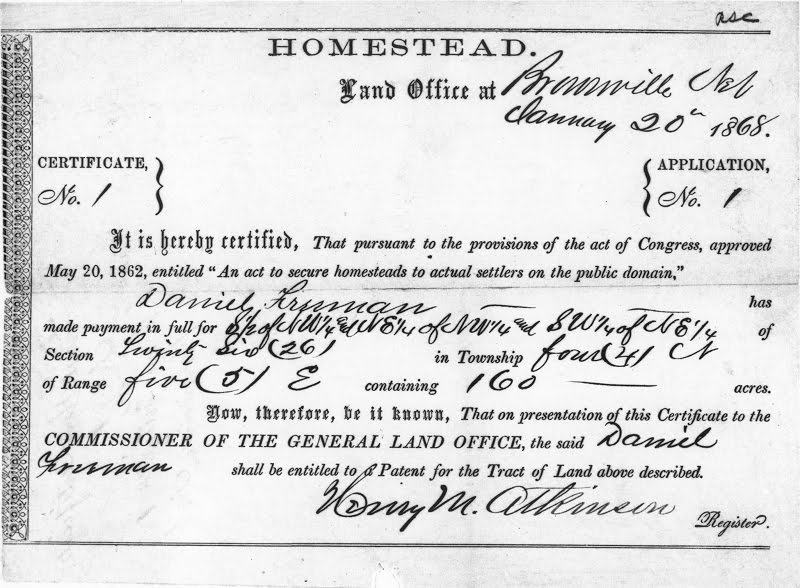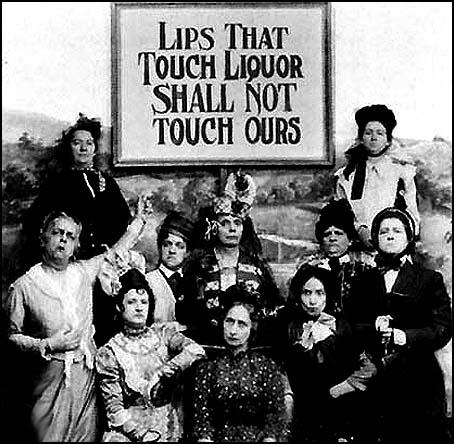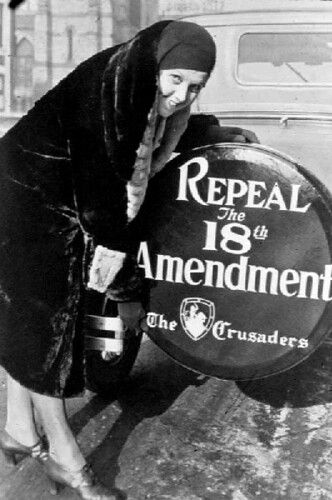The letter below was written by a soldier, who refers to himself as E.D.W., of 54th Massachusetts Regiment to a newspaper editor. The letter informs the editor about the regiment’s last battle, which took place in Olustee. The 54th Massachusetts were the first regiment to support the 8th U.S., which is the first colored regiment and the first Union force in the Olustee battle field. The 8th U.S. regiment already suffered many damages, and the battle field was still very intense. Another regiment entered the battlefield afterward, but they soon left. “Things were too warm for them,” as E.D.W. had commented.
While E.D.W. has given us some details about the battle, he also complained about how his colored regiment has not receive salary for nearly a year. The white troops would receive their pay every 2 months. There is no reason to discriminate, commented E.D.W.. The black soldiers fought as bravely, if not more bravely, than the white soldiers. Yet the 54th Massachusetts did not receive the same wage or ration at the same interval. Although this letter was meant to be a report of a battle, it is also a request to make the media report the inequalities that black soldiers suffered. This letter is a critical, primary evidence that displays the racial injustice that black people suffered during the Civil War.
———————————————————————–
April 2, 1864
THE CHRISTIAN RECORDER
Philadelphia, Pennsylvania
For the Christian Recorder.
MR. EDITOR: – Sir: – It is with pleasure that I now seat myself to inform you concerning our last battle: thus we were in Co. B, on the 20th of Feb. Mr. Editor, I am not sitting down to inform about this battle without knowing something about it.
The battle took place in a grove called Olustee, with the different regiments as follows: First was the 8th U.S.; they were cut up badly, and they were the first colored regiment in the battle. The next were the 54th Mass., which I belong to; the next were the 1st N.C. In they went and fired a few rounds, but they soon danced out, things were too warm for them. The firing was very warm, and it continued for about three hours and a half. The 54th was the last off the field. When the 1st N.C. found out it was so warm they soon left, and then there was none left to cover the retreat. But captain J. Walton, of the 54th, of our company, with shouts and cheers, cried, “Give it to them my brave boys! Give it to them!” As I turned around, I observed Col. E.N. Holowell standing with a smile upon his countenance, as though the boys were playing a small game of ball.
There was none left but the above named, and Lieut. Col. Hooper, and also Col. Montgomery; those were the only field officers that were left with us. If we had been like those regiments that were ahead, I think not only in my own mind, but in the minds of the field officers, such as Col. Hooper and Col. Montgomery, that we would have suffered much loss, is plain to be seen, for the enemy had taken some three of four of their pieces.
When we got there we rushed in double-quick, with a command from the General, “Right into line.” We commenced with a severe firing, and the enemy soon gave way for some two hundred yards. Our forces were light, and we were compelled to fall back with much dissatisfaction.
Now it seems strange to me that we do not receive the same pay and rations as the white soldiers. Do we not fill the same ranks? Do we not cover the same space of ground? Do we not take up the same length of ground in the grave-yard that others do? The ball does not miss the black man and strike the white, nor the white and strike the black. But, sir, at that time there is no distinction made, they strike one as much as another. The black men have to go through the same hurling of musketry, and the same belching of cannonading as white soldiers do.
It has been nearly a year since we have received any pay; but the white soldiers get their pay every two months; ($13.00 per month,) but when it comes to the poor negro he gets none. The 54th left Boston on the 28th of May, 1863. In time of enlisting members for the regiment, they were promised the same pay, and the same rations as other soldiers. Since that time the government must have charged them more for clothing than any other regiment; for those who died in a month or two after their enlistment, it was actually said that they were in debt to the government. Those who bled and died on James’ Island and Wagner, are the same. Why is it not so with other soldiers? Because our faces are black. We are put beneath the very lowest rioters of New York. We have never brought any disgrace by cowardice, on the State we left.
E.D.W.
Co. B, 54th Mass., Vol.
Jacksonville, Fla., March 13th, 1864.
This is ITEM #60542 from the Accessible Archives, Inc. Database and Web site at http://www.accessible.com/. You or your organization must be a licensed subscriber to access the databases on its site. This letter is posted here with the kind permission of Mr. John Nagy, Accessible Archives, Inc.





















